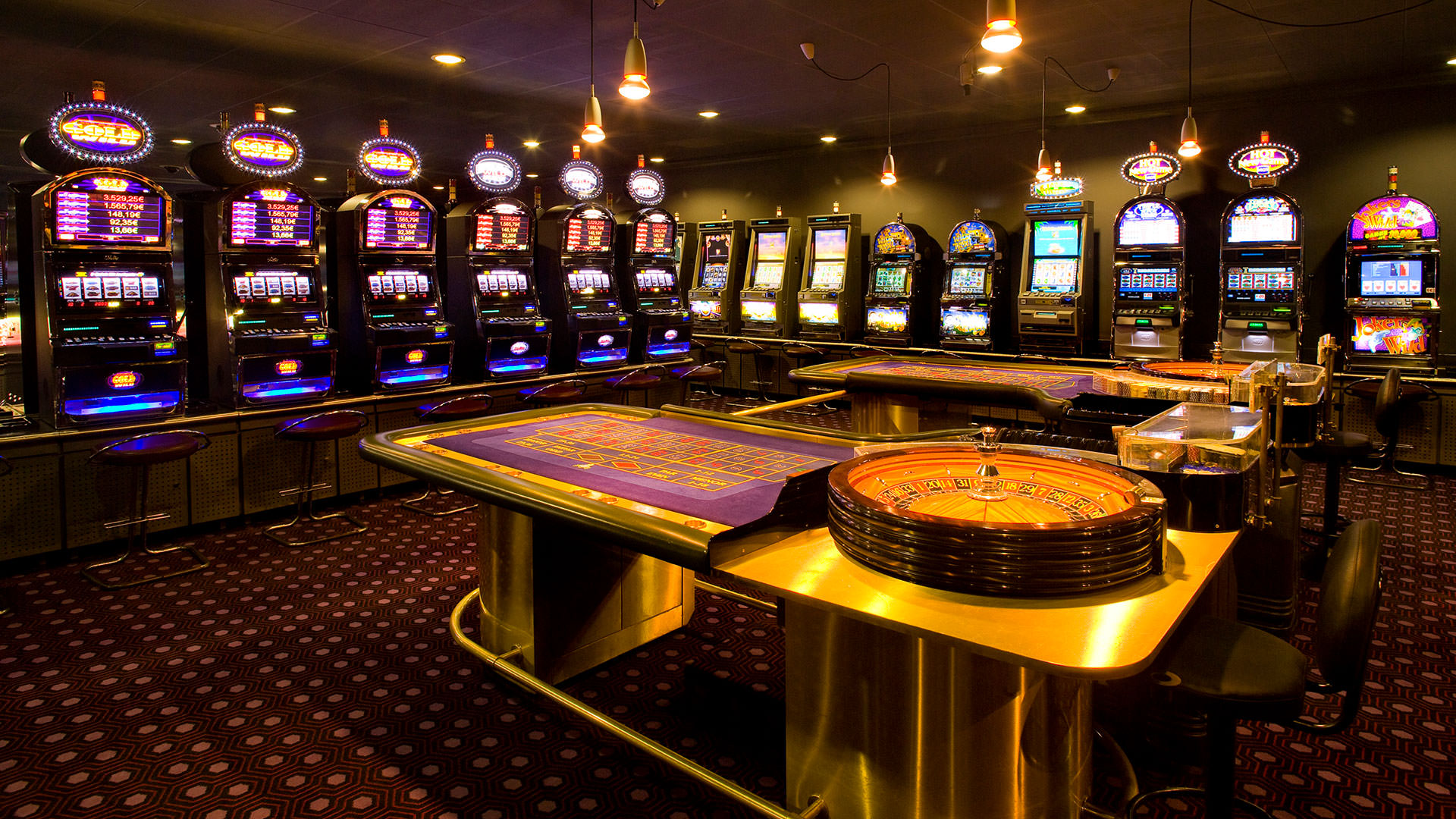
In the world of gambling, in which chance and strategy intersect, a unique tapestry of beliefs manifests—one that braids luck, fate, and the enigmatic nature of casino games. Casinos, bustling with excitement and anticipation, are not just venues for placing bets; they are also arenas where superstitions thrive. From the novice player to the seasoned gambler, these mysterious practices often shape how individuals approach the games they play, believing that their actions can influence the outcome in ways that go beyond mere probability.
As players gather around roulette wheels, blackjack tables, and slot machines, the atmosphere is thick with stories of lucky charms, rituals, and codified behavior that defy logic yet provide a sense of comfort. Whether it’s wearing a specific outfit, following a particular sequence of bets, or even avoiding certain numbers, the attachment to various superstitions reflects a deep-rooted desire to control the uncontrollable. This article delves into the captivating world of casino game superstitions, investigating the beliefs that both entertain and mystify those who dare to play.
Historical Roots of Superstitions
Gambling games have long been connected with an variety of superstitions that can be traced to primitive civilizations. The beginnings of these beliefs can be linked to humanity’s fundamental need to influence the unpredictable outcomes related with fortune and randomness. In primitive civilizations, games of chance were often linked to ritualistic practices. Gamblers would invoke aid or request favor from gods, believing that their actions could influence the outcomes in their benefit. This foundation laid the groundwork for the multitude of superstitions that spread as gambling evolved over time.
During the Middle Ages, gambling became a popular hobby across the continent, and with it, a rich tapestry of superstitions emerged. Players adopted different rituals and charms, believing they could affect the results of games. The importance of numbers, in particular, began to appear in superstitions around card games and dice. The number 7 was often considered favorable, while different numbers carried unfortunate connotations. These notions mirrored the social contexts of the time, adapting as they transferred through generations and adapted to different gaming environments.
As gambling houses emerged in the 1600s, particularly in the Italian peninsula and France, the atmosphere surrounding betting became imbued in enigma. The growing availability of casino activities allowed for the spread and variation of superstitions among players. Concepts like charmed charms, special seating locations, and rituals gained importance, creating a special culture within gambling establishments. As these customs continued to thrive, they became fundamental to the character of casino activities, illustrating how history and culture shape the belief systems that influence how gamblers connect with fortune.
Common Gambling Myths
Superstitions surrounding gambling activities are plentiful and diverse, mirroring the hopes and fears of players as they engage in random activities. One of the most prevalent beliefs is that specific digits bring fortune or bad luck. For example, the digit seven is often seen as a favorable number, frequently embraced by gamblers looking for a favorable outcome. Conversely, the number 13 is routinely considered unlucky, leading many gamblers to avoid it during their gambling periods.
Another common superstition relates to practices that gamblers believe can affect their chances. It could be blowing on the dice before a roll, using a specific gesture to place a wager, or even putting on particular items of clothing, many people feel that these rituals can tilt luck in their benefit. These practices offer a feeling of control in an otherwise unpredictable environment, reinforcing the idea that luck can be manufactured through personal convictions and customs.
Lastly, the environment and vibe of the casino itself contributes to myths. Many players suggest that the presence of specific icons, such as four-leaf clovers or fortunate tokens, can enhance their chances of success. Additionally, gamblers might hold to the belief that winning streaks can be interrupted by mundane events, such as someone passing by or a accident at the gaming surface. The shared atmosphere in a casino can amplify these superstitions, creating a shared culture of myths that goes beyond individual experiences.
Impact of Superstitions on Players
Superstitions play a important role in the mindset of casino players, often influencing their actions and choices. Many gamblers think that luck can be manipulated through various rituals, such as donning a talisman, choosing particular hues, or steering clear of particular digits. This reliance on superstitions can create a sense of authority in an environment that is inherently unpredictable. Players frequently feel more self-assured and involved when they feel that their actions could sway the result of a game in their favor. https://sv88.li/
The influence of these superstitions extends past singular players, affecting the overall atmosphere within the casino. For example, a player who believes in the luck of a certain slot machine might attract a gathering, as others are fascinated by their apparent luck. This collective belief can amplify excitement and create a dynamic environment, leading to an engaging experience even for those who may not necessarily be believers themselves. The buzz around certain games can lead to increased participation and longer playing sessions, supporting the casino’s lively social scene.
In some cases, superstitions can lead to negative effects for players. Depending too much on rituals can result in poor gambling decisions, as some may overlook basic strategies in favor of unfounded beliefs. Additionally, the pressure to perform rituals may heighten anxiety and tension, detracting from the pleasure of the experience. Ultimately, while superstitions can enhance the thrill of playing casino games, they can also lead to unwise choices that overshadow the enjoyment and entertainment intended in the casino experience.